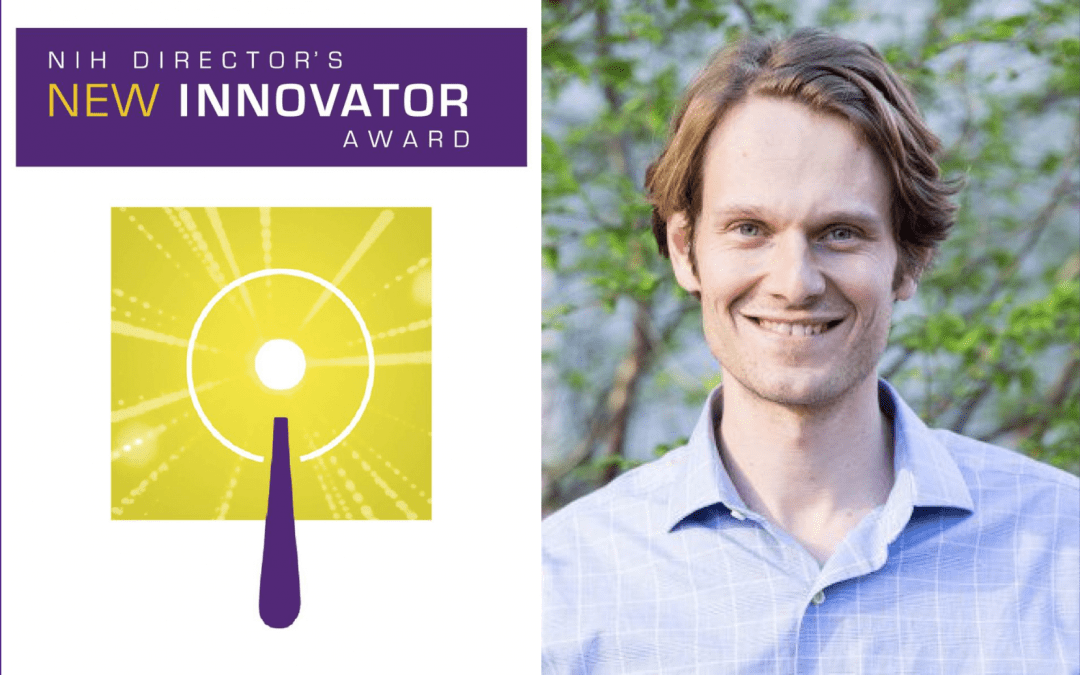Three UCSF Researchers Win NIH Grants for High-Risk, High-Reward Research
October 1, 2019
By Nina Bai | UCSF
The National Institutes of Health (NIH) has awarded grants to three UC San Francisco researchers to pursue highly innovative and unusually impactful biomedical research.
The highly competitive grants, which were announced Oct. 1 among 93 such awards nationwide, were made under the High-Risk, High-Reward Research Program supported by the NIH Common Fund.
This year, three UCSF researchers received the New Innovator Award, which supports unusually innovative research from early-career investigators who are within 10 years of their final degree or clinical residency and have not received a research project grant (R01) or equivalent NIH grant.
Alexander Pollen, PhD, assistant professor of neurology and member of the Eli and Edythe Broad Center of Regeneration Medicine and the UCSF Weill Institute for Neurosciences, studies the recently-evolved genetic changes that contribute to specialized aspects of human brain development. To identify the unique features and vulnerabilities of the human brain, his lab combines single-cell genomics and genome engineering with organoid models of brain development – small clusters of brain cells grown from stem cells that mimic the development of specific brain regions. Recently, Pollen and collaborators created chimpanzee brain organoids, which allowed them to compare the cell types and genetic programs of human and chimpanzee different stages of brain development.
Pollen is also involved in the making of a comprehensive atlas of cell diversity and gene expression across the developing brain, which may reveal insights into neurodevelopmental disorders such as autism, intellectual disability and schizophrenia. In addition, his lab aims to develop novel approaches that enable scientists to go beyond “reading” cell types to “writing” them. Ultimately, he hopes to develop molecular tools to monitor, target, and replace specialized cell types in the human brain.


Recent Comments